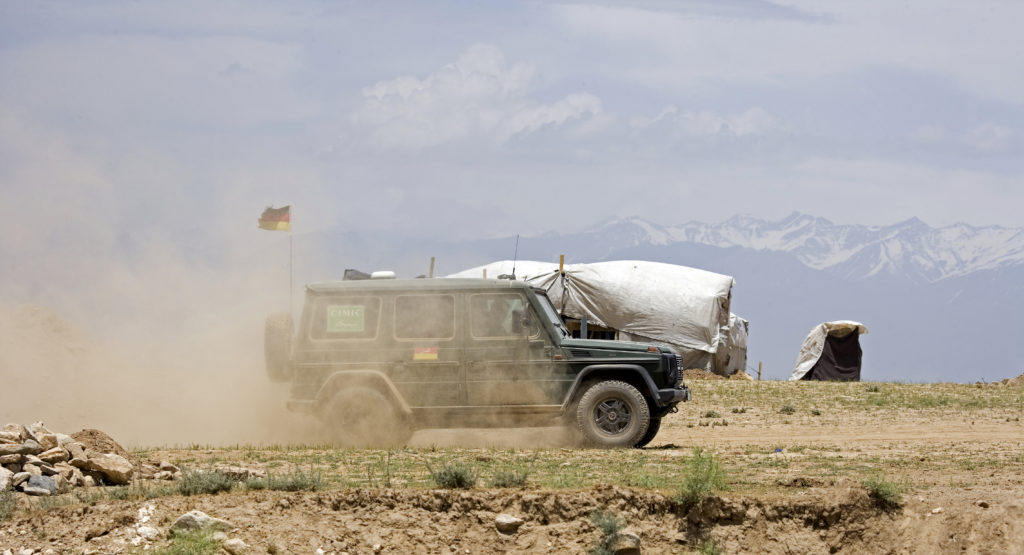Project
Impact Analysis of the German Engagement in Afghanistan

Impact Analysis of the German Engagement in Afghanistan
German soldiers, police officers and civil personnel have been active in Afghanistan for twenty years. The Bundeswehr was in situ in the context of the International Security Assistance Force (ISAF) and Resolute Support (RS) missions. Over the course of these twenty years, approx. 160,000 German soldiers were deployed in Afghanistan.
The bilateral German Police Project Team supported the installation of the Afghan police force with, intermittently, up to 200 police officers at the locations of Kabul, Mazar-e-Sharif and Kunduz.
Dozens of organisations were active in Afghanistan in the context of the Afghan-German development cooperation, humanitarian aid and civil society engagement, and a number of them are still there today.
The Advisory Board for Civilian Crisis Prevention is committed to ensuring that this multifaceted engagement as well as the goals that have been achieved and those that have not will be comprehensively and independently analysed and evaluated. Therefore, the Advisory Board working group published a statement.
Locally Employed Staff in Afghanistan
The multifaceted German engagement in Afghanistan would have been unthinkable without the hundreds of local personnel. The withdrawal of troops means they are now in mortal danger. The Federal Government has a responsibility to protect former local staff, and this must be realised in an unbureaucratic way.
